5 Reputation Management Techniques for Protecting your Online Privacy

Individuals who do not practice reputation management are often shocked when they see what has already been written about them online.
Reputation management is the process of monitoring and controlling how you are perceived online. Damage to your reputation can be self-inflicted, such as when you post a public Facebook status about how much you hate your boss. It can also come from outside sources, including websites where others post about you, as these websites can show up on the first page of Google when someone searches for your name. 91% of employers check an applicant’s social media profiles during the recruitment process. One in five married couples meet through online dating, and it is not unusual for an individual to Google his or her potential date before agreeing to meet in person.
While it might seem strange to see a post about reputation management on a blog that covers online privacy, the two concepts actually go hand-in-hand. By using reputation management techniques to stay proactive, you can minimize the spread of compromised personal details in order to regain your online privacy. If certain details made their way online, they could cause headaches or even lead you to lose your job. Fortunately there are a number of reputation management techniques that can be used to protect your online privacy:
Positive Content Creation
A major element of reputation management is the creation of positive content. Take control of how you are perceived online by creating profiles on authoritative sites. Also buy your domain name (YourName.com) and host a blog so you are in control of what is being said about you on Google.
Monitoring
Hopefully you are already going to great lengths to protect your online privacy by monitoring what you post and what others post about you, and acting quickly to remove your private details from third-party websites before they spread to other websites. Set a Google Alert for your name and search for yourself weekly on Google so you know right away when someone has created new content using your name and/or private details.
Removal of Unwanted Content
Once you get a new Google alert about an unauthorized use of your name, or notice something problematic in your personal search results, it is time to work on removing this information. Some “people search sites” such as Spokeo and Intelius have added opt-out forms to their homepages so that individuals can request a removal. Certain sites have a more thorough removal process, such as Mugshot sites. Other sites might not have a formal content removal process, but do have receptive support staffs who will respond to politely written removal requests. Unfortunately, there are some sites that will brush you off if you send in a polite request, and in those cases you will need to work with an internet privacy attorney to have damaging or private information removed by the webmaster.
Suppression of Unwanted Content
There is always going to be a lag between when a removal request is submitted and when unwanted content is removed, and individuals are vulnerable during that time. To reduce the chances of others finding and spreading your private details while you are waiting to have them removed, use the positive content you created earlier to suppress the negative content and make it harder to find. Basic search engine optimization techniques can be used to secure your first page search results, so unwanted content only appears on the 2nd, 3rd, or even 10th page of Google’s search results. Strengthening your positive content will make it harder for others to find this content, as 94% of Google searchers do not look past the first page after conducting a search.
Be Smart About What you Share and with Whom
Have you ever been watching a cop show and seen a police officer read a suspect his/her Miranda Rights? If the internet had its own set of Miranda Rights, you would have to read this statement whenever opening a browser: “You have the right to not share anything and anything you post online can be used against you in the Court of Google!” In short, save yourself time and headaches by being smart about what you share and with whom you share.
If you are already experiencing a reputation or privacy crisis, you need to bring in an expert before negative content has a chance to spread. Do you have any other ideas for using reputation management techniques to protect your online privacy? We would love for you to share them below.
About Ian Lempert
Ian Lempert is the Online Marketing Manager for Reputation911, an online reputation management company located just outside of Boston, Massachusetts. He oversees content creation and strategy for Reputation911 and its clients by staying current on best practices and trends affecting online reputation management, online privacy, social media, and search engine optimization.
About Reputation911
Reputation911 was founded in 2010 to help individuals and businesses look good online. Headquartered in Hopkinton, MA, Reputation911’s proprietary platforms and technology allow it to be the quickest in the industry, while taking an investigative approach to protecting, promoting, and restoring your online reputation and privacy. Feel free to contact Reputation911 (on their website or by calling 1-866-MY-REP-911) for additional information about My Online Privacy™, which uses cutting-edge reputation management techniques to remove and suppress details you want to keep private.


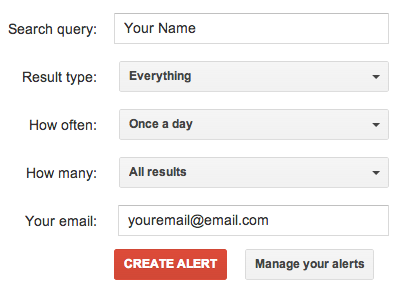
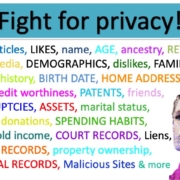

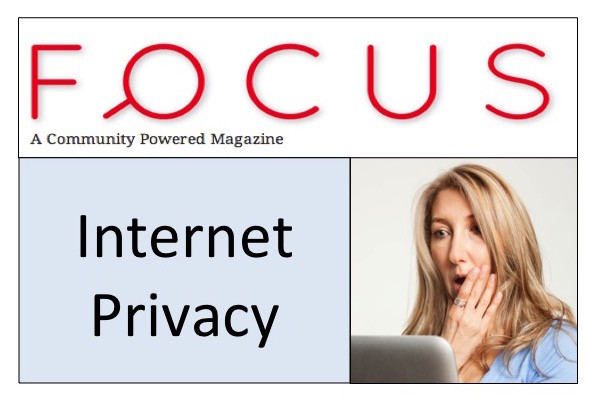
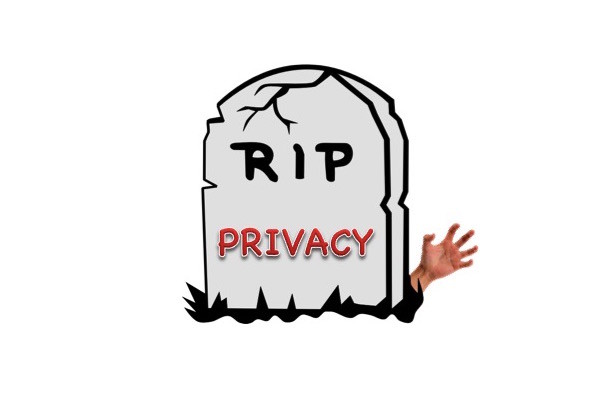
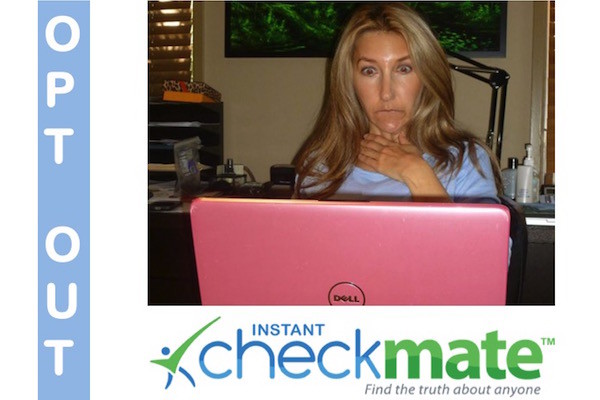
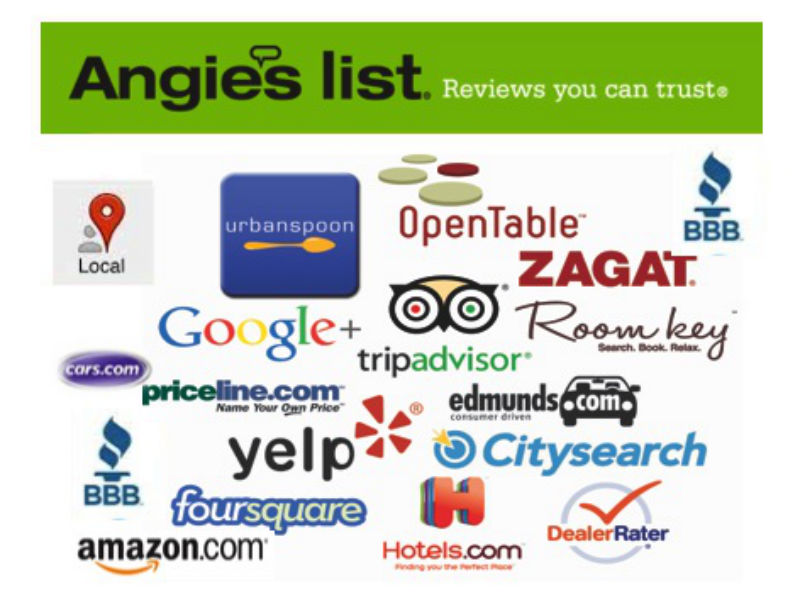

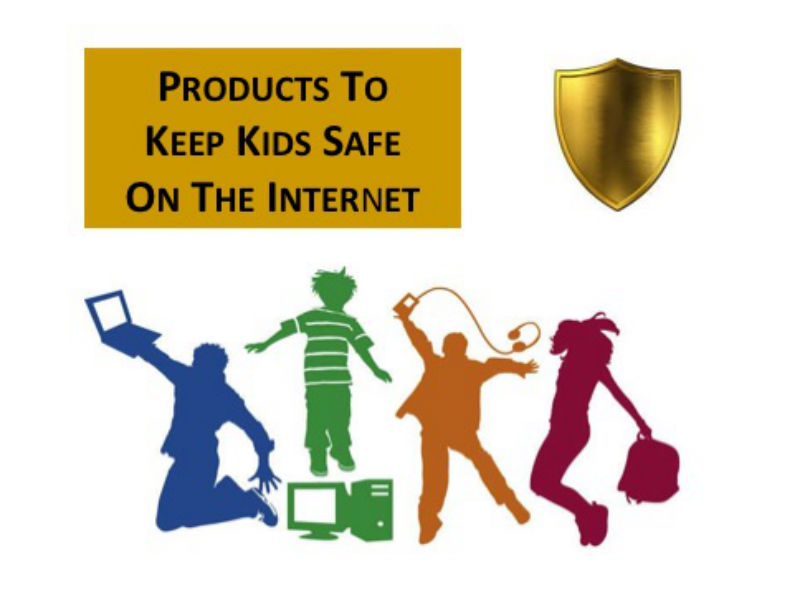



Oi, in my work reputation is everything. I’ve never thought about doing online reputation management, but I can see why it might be necessary as my online presence (hopefully) increases. Thank you, Ian and Hayley. 🙂
Thanks for your comment Matt.
The earlier you start practicing reputation management the better, as when you are just starting out it’s easier to control your message. As your online presence grows, there are more people talking about you and that means more threats. By getting a jump start (just as a company might release an official press release before bad news hits the press) you can better protect yourself from what others are saying about you/your business.
Once again, thanks for sharing important information that unfortunately we must be aware of.
Thanks for the kind words Elaine.
The worst thing we can do when it comes to our online reputations and privacy is to ignore these issues altogether. As you said, it’s important information that unfortunately we must be aware of.
This is really interesting and great advice. It’s so frustrating that this is the world we live in – but it’s also so very true.
Good point, Katie. Thank you for reading.
That is a great article. For someone who is stepping up their marketing in the social media, or already very active, it is valuable information. I have a better understanding of how I want to work in the social platforms. Paula Walker
Thanks for the kind words, Paula. Coordinating your marketing efforts across each of your social media platforms should not only lead to higher engagement but will also improve your overall online reputation.
I’d have to agree. As a college student who will soon be applying to Graduate schools, it is vital that there be as few blemishes as possible. (Not that I have many, but just incase!)This was quite helpful in providing another method to manage and keep up one’s reputation. Thanks!
Thanks for your comment Garrett and you bring up a great point.
According to one study, 27% of college admissions officers have used Google to find out more about an applicant (http://press.kaptest.com/press-releases/kaplan-test-prep-survey-finds-that-college-admissions-officers-discovery-of-online-material-damaging-to-applicants-nearly-triples-in-a-year) and I expect that number to rise in the coming years.
Best of luck on your graduate school applications!
I learned a lot from you, Ian. Thanks for this helpful article.
Thanks for your comment Lyn, I am glad you enjoyed it.
As always Hayley you are the trusted source to bring us the information to keep us and our identities safe. Thank you! P.S. I signed up for google alerts a while ago and I rarely get any notifications from them. Is that normal? Perhaps I should check my settings…
In this case, the credit goes to Ian from Reputation911 but thanks for the compliment, Carpool Goddess!
I would expect you to receive a Google Alert each time you publish an article however, since it may take time for Google to “crawl” your site, you should expect a lag from the time you post (for yourself or others such as Huffington Post) until the time you receive each alert. I’ve set alerts for my kids and have gotten a couple of results from that. Try setting up multiple alerts in slightly different ways to capture everything out there. Use your real name and your screen names too.
Hope this helps. And Ian, if you want to jump in on this comment too, please do so.
Thanks again Hayley for allowing me to share this information on your blog and thanks to Carpool Goddess for her comment.
Google Alerts have been having some issues this year and at one point drew speculation that Google was planning to eliminate this service (http://mashable.com/2013/03/22/google-alerts-dying/) but Google seems to have resolved these issues (http://searchengineland.com/google-alerts-is-working-again-154536) for now.
It’s important to remember that Google Alerts are a helpful tool but they should not be your only reputation monitoring resource. Aside from the number of paid options out there, the easiest way to monitor your reputation is by searching for yourself each day on Google. You can even perform a custom search so Google (by clicking “Search Options” under the search bar) so that it only returns results that were posted within the last 24 hours.
Excellent advice, Ian. If you have a moment, please share your suggestions in a comment on my article about Google Alerts. It’s important that people realize that Google Alerts are not a 100% guarantee of knowing everything that makes it to the Internet about the given alert.
https://what-is-privacy.com/2013/02/youve-set-up-a-google-alert-on-yourself-right/
Great article! I think purchasing your domain name and hosting a blog is an interesting and clever way of being an online authority for yourself.
Thanks Brent, I’m glad you enjoyed the article.
Along with purchasing your domain name, also consider creating accounts on popular social media platforms such as Twitter, Facebook, and LinkedIn if you have not already done so. Having accounts in your name on these sites is better than allowing someone else with the same name to create these accounts, start posting unsavory content, and be mistaken for you.
This is a great summary of how to manage your online reputation. Especially important for anybody who is job hunting. Actually, important for everyone these days!
Thanks for your comment Christina. I would add that even if you are firmly entrenched in a specific job, you should still be managing their online reputation. You never know when an individual you met at a networking event or even one of your company’s clients will decide to type your name into Google.
Excellent information !!privacy and reputation do go hand in hand and it is really up to individuals to take the reigns on both topics.
Thank you for your comment Stacey and you hit the nail on the head; each of us should be proactively working to protect our own online reputations and privacy.
Great resource to know about. So much personal information is out there when you blog that it’s comforting to know you can kinda/sorta deal with information even after the proverbial cat is out of the bag.
Right you are BH Mom, but keep in mind that removing and suppressing personal information is a lot of work. By continually monitoring your online presence and securing your first page search results, you’ll experience fewer headaches down the line even after the cat is out of the bag.